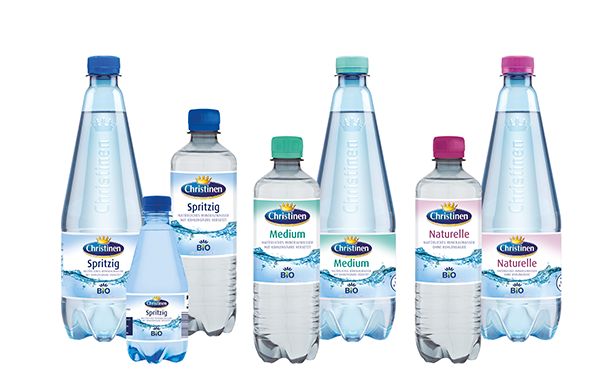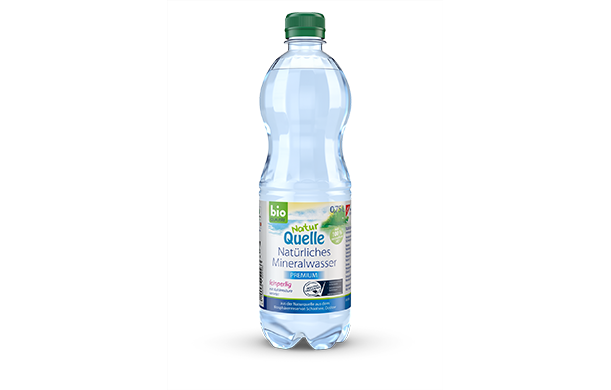Quality seal tests for proof of sustainable production
In addition to classic quality controls, SGS INSTITUT FRESENIUS also offers a test program that can confirm the “social and ecological sustainability” of products.
When consumers see the SGS INSTITUT FRESENIUS seal of quality with this statement on products, they can be sure that it is a socially and ecologically sustainable product.
What is sustainability?

Future generations should have the same opportunities for a fulfilling life as we have today.
More and more consumers and manufacturers want to make an active contribution to a safe future. In addition to economic aspects, they also take the environment and society into account in their decisions.
As demand grows, so does the supply of sustainably produced food. After all, anyone who manufactures or buys environmentally and socially compatible products is acting sustainably.
How to demonstrate the social and environmental sustainability of products

In order to also meet the requirements for “social and ecological sustainability”, manufacturers undergo an annual sustainability audit by the SGS INSTITUT FRESENIUS.
The audit is based on a test catalog with numerous socially relevant criteria.
The regular quality seal tests at the SGS INSTITUT FRESENIUS remain in place as the basis for the sustainability program.
The product, the raw materials used, the packaging and the closures as well as suppliers and production facilities are checked by the SGS INSTITUT FRESENIUS in a defined cycle.
Test criteria for sustainably manufactured products and food
For the “Social and Environmental Sustainability” award, comprehensive criteria are reviewed, including:
- sustainable corporate structure and sustainability in individual areas of the company,
- social test criteria such as occupational safety and equal opportunities,
- socially sustainable raw material purchasing
- social commitment outside the company
- ecological criteria such as the climate balance, energy and resource management and sustainable logistics.
Zero tolerance in key areas
In addition to standard criteria, the test program also includes zero-tolerance criteria that must be 100% fulfilled.
These “hard” test factors include, for example, the regular information and training of all employees on the subject of sustainability, as well as the implementation of environmental and energy management systems in the company.
On which topics focuses the certification for “social and ecological sustainability”?
The sustainability criteria belong to these categories.

Sustainable corporate strategy
The focus here is on the structure of the company. This includes, for example, the following topics:
- Sustainability in corporate strategy and goal setting
- Appointment of a sustainability officer
- Employee training on sustainability strategy measures
- current environmental management system
- Implementation of an energy management system
- Implementation of an occupational safety and health management system

Sustainability in key business areas
The business areas audited include:
- Product development
- Purchasing
- Production
- Marketing, sales and communication
- Logistics
- Human Resources

Social sustainability criteria
These social criteria are tested in the audits through in-depth questions:
- Employee motivation and participation
- Equal opportunities
- Training and education
- Occupational safety
- Socially sustainable purchasing of raw materials
- Social commitment outside the company

Environmental sustainability criteria
This category highlights these criteria:
- Carbon footprint and greenhouse gas emissions,
- Product-related sustainability aspects
- Energy and resource management
- Sustainable logistics
- Water, wastewater and waste management,
- Ecological commitment outside the company
We are the experts for questions about the quality of food.
We support you with all questions relating to food safety and the claiming of quality criteria for your products and services.










